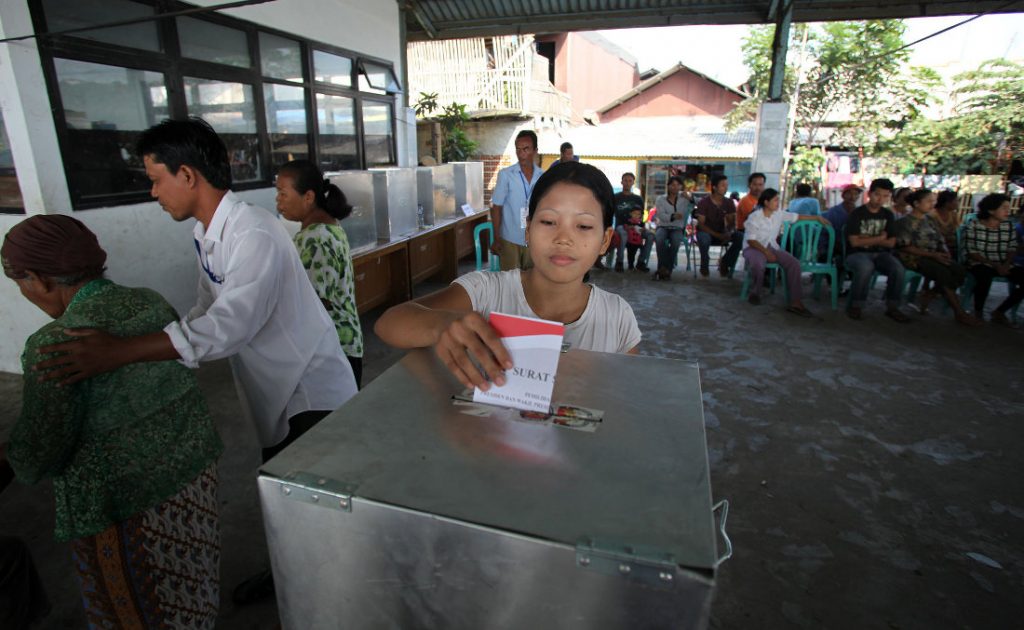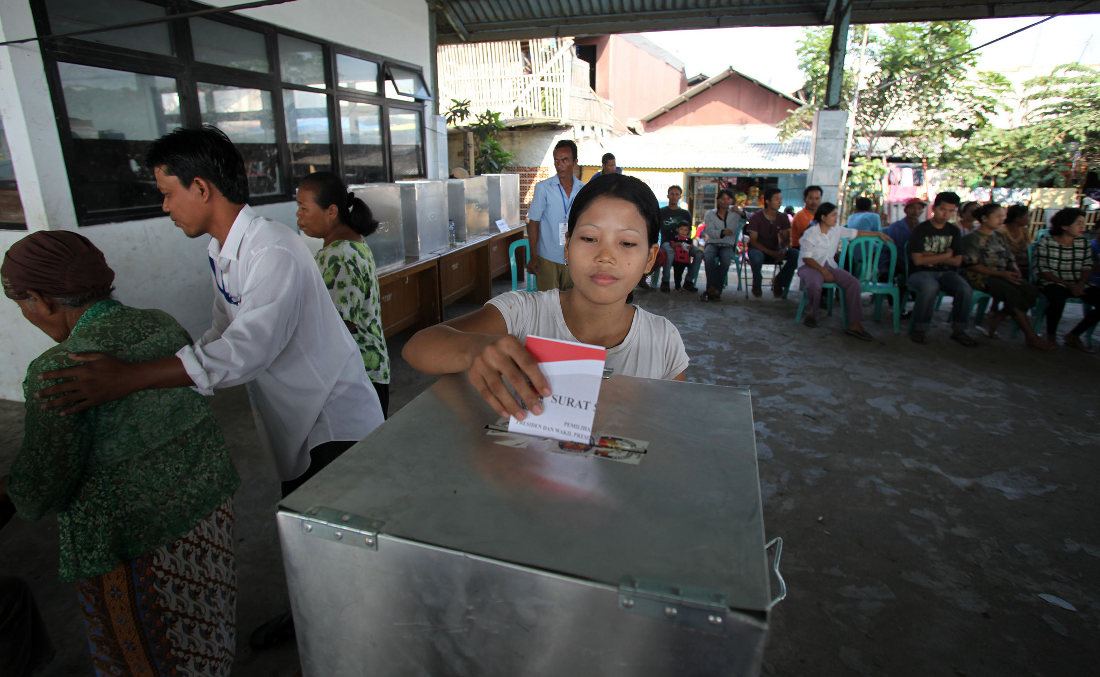JAKARTA, Indonesia (ViaNews) – One of Indonesia’s vice presidential candidates, Sandiaga Uno, promised to give millennials ministerial posts if he becomes the winner on the upcoming presidential poll 2019.
Uno, a prominent entrepreneur wants to give posts of Minister of Youth and Sports, Minister of Communication and Information, and Minister of Research and Technology to millennials, a term to describe a group of people born between the 1980s and 2000s.
“So our hope, for those successful millennials, be ready if the country calls you, you must be ready to contribute to your country,” Uno said.
Such a promise drew a strong criticism from campaign team of the incumbent Jokowi and his running mate Ma’ruf Amin.
“Are Prabowo and Sandi optimistic enough to be elected so they can promise to give ministerial posts? Just boost your electability with your convincing programs,” Jokowi’Ma’ruf Campaign Team spokesperson, Ace Hasan Syadzily told journalist Monday, November 12, 2018.
Syadzily urged each candidate not to hurriedly give promises about ministerial positions especially in the research and technology sector which requires a well-reputed figure in education and technology.
Who are millennials?
Definition of millennials can vary. According to Pew Research Center, individuals born between 1981 and 1996 will be considered millennials and those who were born after that will be a part of a new generation.
Millennials are adept at using the latest technology. They are familiar with social media platforms and the Pew Research data showed that 55 percent of millennials have posted their selfies on social media more than Generation X.
However, the Wall Street Journal once wrote that people must stop using the term ‘millennials’ as the term is often considered negative. Millennials are often described as young people who are don’t care about other things, only focused on their Snapchat or whatever on their gadgets, despite their positive personality traits such as smart and innovative.

Why are they important in the 2019 presidential election?
The millennials population in Indonesia accounts for between 34.5 and 50 percent of the total population aged between 15 and 35. The figure shows how important millennials is to each presidential candidate. According to the official data, the percentage of millennials’ voters in the 2019 election is expected to reach around 44 percent.
Based on the research conducted by Alvara Indonesia in 2016, Indonesia’s millennials have similar characteristics to that of America. Indonesian’s millennials use digital sources to get information and understand political issues by relying on Twitter, Facebook, Instagram, YouTube, and other similar platforms.
Therefore, both candidates will be competing in winning the heart of millennials by creating strategic programs that suit young people’s need.
“Millennials are the most determining factor because of their significant figure,” said public policy and political consultant, Muhammad Isra Ramly, in a discussion held by Sang Gerilya and Indexpolitica.
However, the Alvara survey showed only 22 percent of the surveyed millennials are following the latest update in political issues. The remainings are more interested in sports, film, lifestyle, information technology, and music updates.
Despite the survey, the fact shows millennials DO CARE about politics. The presence of the Indonesia Solidarity Party (PSI), for example, seems to oppose the stigmatization that millennials are not aware of political issues.
Millennials are also innovative in creating technology-based platforms to raise funds to help those in need. Kitabisa.com, for example, is a crowdfunding site which allows other people to post their project and raise funds.
As part of the campaign, the Jokowi-Ma’ruf team set up Rekan Jokowi (Jokowi’s Partner) a group of volunteers aimed at targeting 2 million votes in 2019. The newly-established organization will attract millennials by organizing sports and other events.
Social media plays a role
Political analyst Indra J, Piliang said social media platforms play a role in shaping millennials’ political preference. Social media helps a political candidate to gain a significant number of votes just like what happened in the West Java gubernatorial election.
Ridwan Kamil, the newly-elected West Java Governor, has been active in using his Twitter to post his activity while he was a Bandung mayor. Kamil has 8,3 million followers on Twitter.
Jokowi’s former running mate Basuki Tjahaja Purnama used YouTube channel as an effort to boost transparency in the Jakarta Administration Office and introduce a new policy when he was still a Jakarta governor.
However, at the same time, social media is also responsible for spreading fake news or hate speech just like the cases of blogger Jonru and Saracen website in 2017.
Whoever they will be voting for, millennials’ voice matters.







